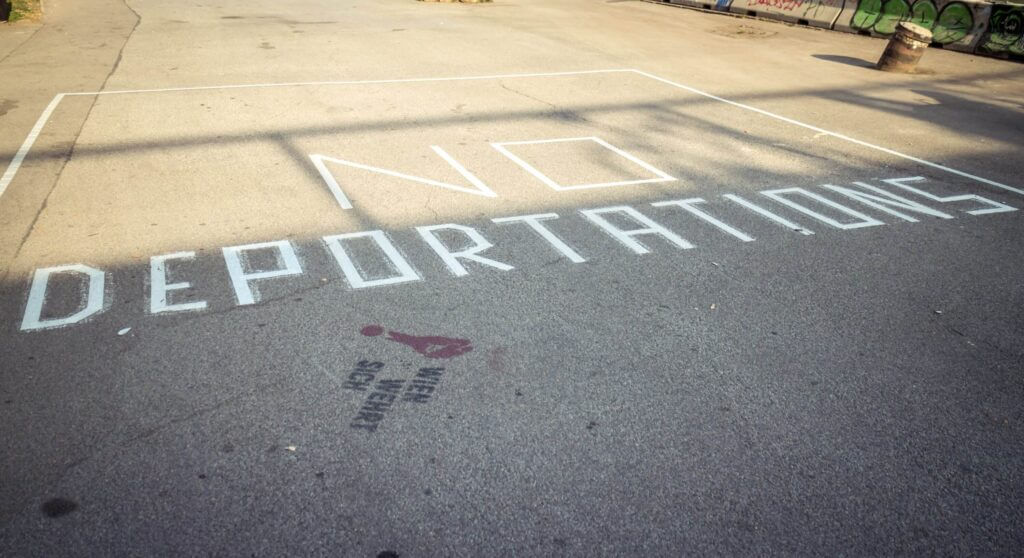In October, an extension of TPS Venezuela 2022 was established. Today, 6,800 immigrants can migrate legally
Last month, the Biden administration announced the reintroduction of a kind of Temporary Protected Status (TPS) for Venezuela in 2022. Under this new policy, Venezuelan immigrants who must leave their home country for humanitarian reasons (economic, social or political) may legally enter the United States.
This new proposal was implemented under an immigrant sponsorship policy. Thus, those who want to emigrate must have a sponsor in the country who can petition for them and assure the U.S. government that it can finance them financially. This sponsor for Venezuelans would solve the immigration record that the country reached due to the large number of Venezuelans in the USA. With TPS, the administration’s objective is to regulate illegal immigration from Venezuela.
Jaskot Law always brings you the most important and latest immigration news. Read on to learn about the changes this policy has made to immigration and how it affects immigrants.
What changes does this sponsor imply for Venezuelans?
Since October 18, when the program was implemented, at least 490 Venezuelan immigrants have entered the country under the humanitarian parole authority. According to the Department of Homeland Security (DHS), individuals would then be able to live and work fully legally for at least 2 years.
There is a limit of 24,000 persons who may enter under this condition, i.e., only 24,000 persons may present the documents to sponsor an immigrant from Venezuela.
On the other hand, those who have entered Panama, Mexico, or the United States unlawfully after October 18th will not be eligible for the Venezuelan sponsor policy and will be subject to deportation. This has sparked controversies and discussions among immigrants and human rights activists.
The positive aspect of the new program is that it has replaced the anti-immigration policies that were part of Title 42 and led to the deportation of over 6,000 Venezuelans. Despite the criticisms, ups and downs, and multiple lawsuits, even though the Biden administration was initially against it, the Title 42 imposed during the Trump era now seems to be favored by the Democratic government. It allowed them to manage the large migration figures with immediate expulsions, thus reducing the number of undocumented immigrants to some extent.
While this new program achieved its goal of reducing irregular immigration, it did not satisfy the immigrant population or the migrant rights’ advocacy community. For this reason, the new TPS Venezuela 2022 is a step forward in terms of more legal, humanitarian, and less punitive immigration. However, there is still much work to be done.

Problems with the number of migrants?
Given this cap of 24,000 people eligible for the program, and that some 6,8,000 have already been accepted, this 28% of filled capacity augurs that 100% of filled vacancies could be reached in just a matter of weeks.
The Administration is looking for a solution to this problem. DHS Secretary Alejandro Mayorkas is likely to set a new cap to increase the capacity of the humanitarian parole program.
The economic and political crisis in Venezuela has led to more than 7 million people deciding to leave their homeland and migrate to seek better living conditions. The cause has been labeled by the United Nations (UN) as “the largest refugee crisis in the Americas” recorded so far.

At Jaskot Law, we will keep you informed in case of any new changes in immigration policies. And remember, if you have any doubts or questions about your case, you can contact our law firm at +1 (410) 235-6868.

